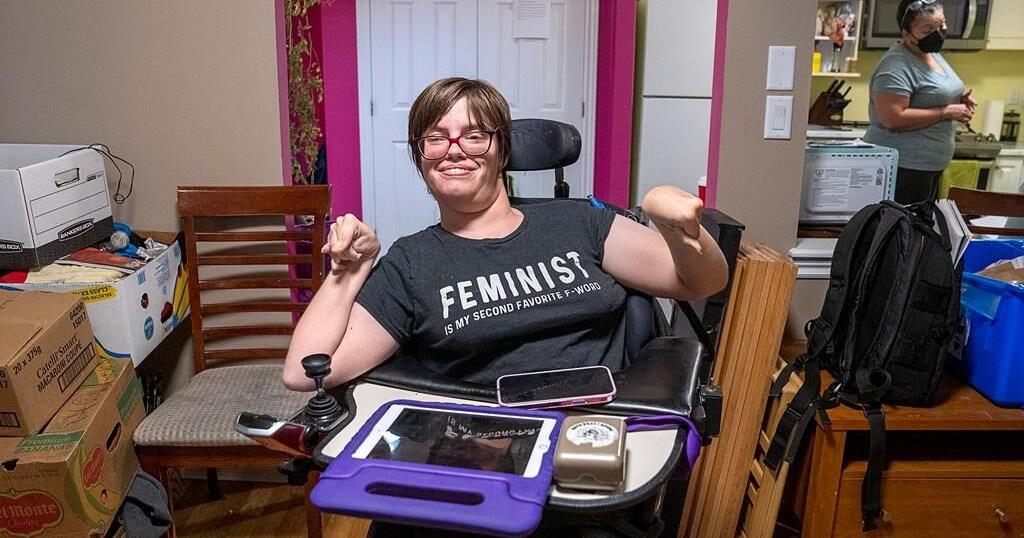HALIFAX – An independent monitor says Nova Scotia’s progress on moving people with disabilities out of institutions is “slower and more uneven” than called for in a landmark human rights decision.
Michael Prince, a professor of social policy at the University of Victoria, was appointed last year to provide annual reports on whether the province is meeting 90 requirements set out in the five-year reform plan approved by a human rights board of inquiry last year.
In his report released late Wednesday, Prince concluded that during the plan’s first year the province made only “slight progress” — defined as “minimal” and “marginal in result” — on almost half of the legally required steps to improve housing and support of people with disabilities.
The 52-page report — titled “Getting on Track” — highlights delays in hiring staff to plan the closure of institutions and a failure to end admissions to institutions in the first year, which ended April 1.
The plan — referred to by the Disability Rights Coalition and the province as “the remedy” — is the result of a 2021 Appeal Court decision that found systemic discrimination against people with disabilities seeking housing in the community.
The creation of the human rights remedy capped a marathon legal battle originally launched in 2014 by three people with disabilities who were kept in a Halifax psychiatric hospital for years, despite medical opinions that they could live in the community with appropriate supports.
Sarah Levy MacLeod, a spokeswoman for the Department of Community Services, said in an email that the province is continuing to make progress on the remedy and remains committed to it.
“We know there is more to do and will continue our work the next four years to achieve this in a way that best supports the people we serve through these changes,” she wrote.
Levy MacLeod added that the province launched a website this week where people can track the progress of the Nova Scotia human rights remedy.
This report by The Canadian Press was first published Aug. 1, 2024.

























